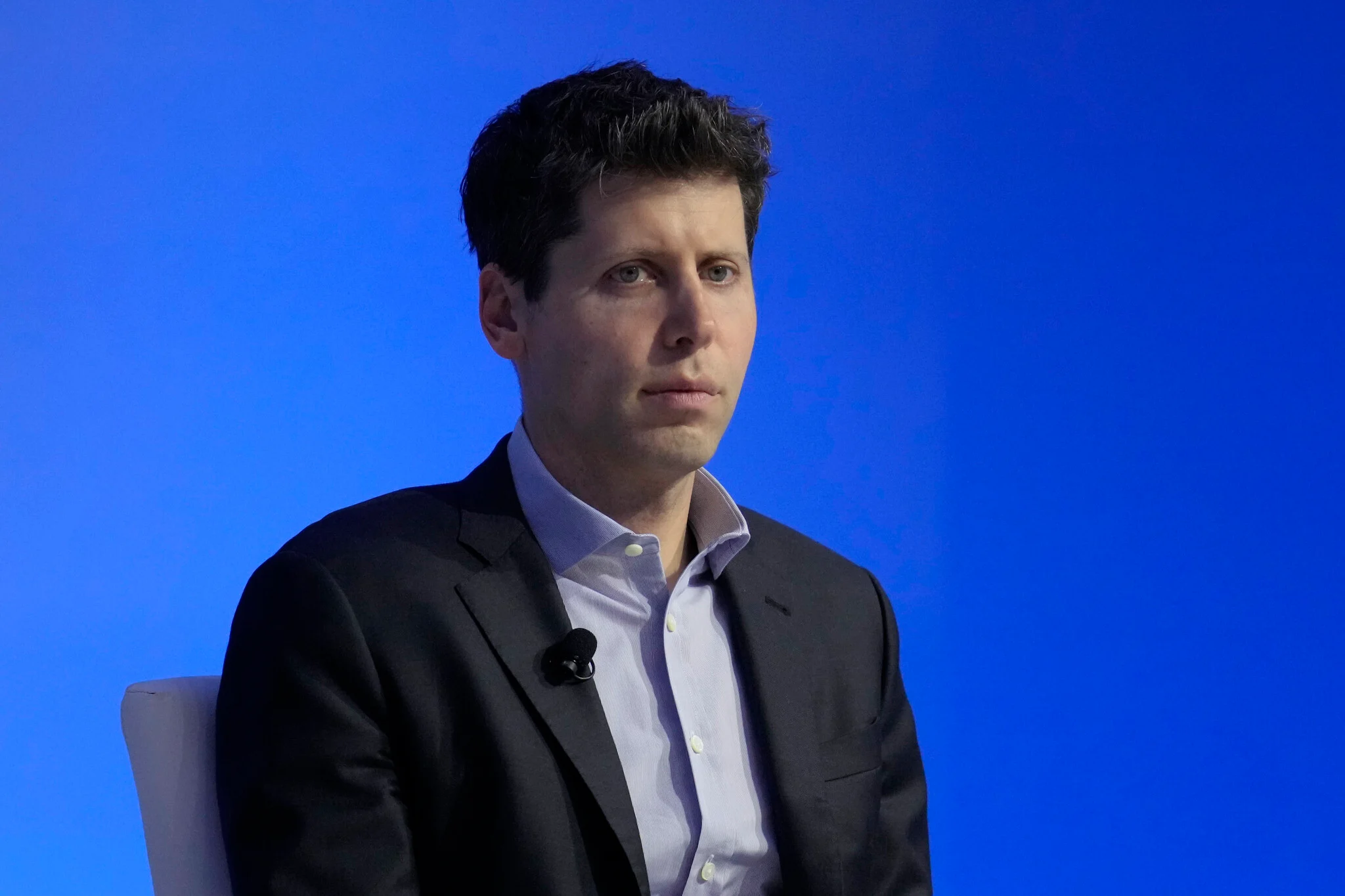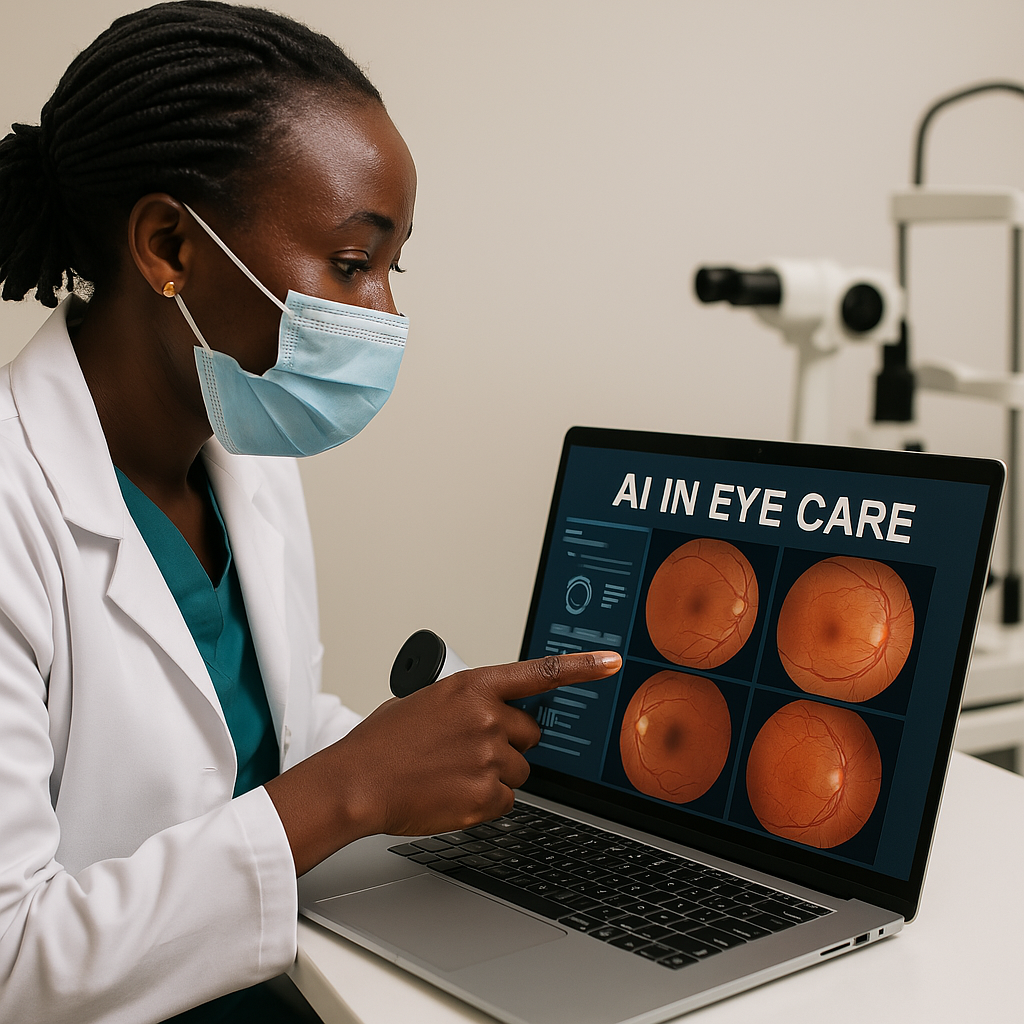Published by Michael Bright
Key Points
- Research suggests OpenAI has not yet released GPT-5 as of June 15, 2025, with an expected launch in late 2025 or early 2026, based on statements from OpenAI’s leadership.
- It seems likely GPT-5 will offer advanced reasoning, multimodal capabilities (text, images, voice, video), and seamless integration of OpenAI’s model lineup, potentially transforming development for African developers.
- The evidence leans toward opportunities for African developers in sectors like fintech, agriculture, and healthcare, but challenges like high costs, infrastructure gaps, and ethical concerns may limit accessibility.
Direct Answer
Contrary to the query’s claim, OpenAI’s GPT-5 is not yet released as of June 15, 2025. It is expected to launch in late 2025 or early 2026, with OpenAI CEO Sam Altman indicating it will be a “unified intelligence” model integrating advanced reasoning, multimodal capabilities (text, images, voice, video), and reduced hallucinations. For African developers, this could mean:
- Opportunities: Enhanced tools for building AI applications in fintech, agriculture, healthcare, and education, with potential for startups to create localized solutions using GPT-5’s API. For example, Nigerian fintech startups could leverage improved natural language processing for better customer service bots.
- Challenges: High API costs (potentially $75-$150 per million tokens, based on GPT-4.5 pricing), infrastructure limitations (e.g., only 5% of African AI developers have adequate computing power), and ethical concerns like bias and data privacy could restrict access.
- Broader Impact: GPT-5 may inspire African AI policies, like the AU’s Continental AI Strategy, but developers will need training and regulatory clarity to fully capitalize on it.
For more details, see OpenAI’s roadmap announcement and Africa’s AI policy context. The full report below explores these implications in depth.
Detailed Analysis of OpenAI’s GPT-5 and Its Implications for African Developers
Introduction
This report examines the anticipated impact of OpenAI’s GPT-5, a next-generation AI model expected to launch in late 2025 or early 2026, on African developers. Although the user’s query suggests GPT-5 is already released, research indicates it is still in development, with OpenAI focusing on a unified model integrating reasoning, multimodal capabilities, and enhanced reliability. The analysis, grounded in sources like OpenAI’s announcements, news reports, and African AI policy discussions, explores opportunities, challenges, and broader implications for African developers as of June 15, 2025, at 12:06 AM WAT.
Methodology
The information was gathered from web sources, including OpenAI’s official statements, technology news platforms (e.g., TechCrunch, Business Insider, MIT Technology Review), and African AI policy analyses, using the query “OpenAI’s GPT-5 release impact on African developers.” The analysis covers GPT-5’s expected features, potential applications, challenges for African developers, and policy influences, ensuring a comprehensive view tailored to the African context.
Key Findings
GPT-5 Overview and Expected Features
Research suggests GPT-5 is OpenAI’s next major AI model, building on the GPT architecture and integrating advancements from models like GPT-4.5 (Orion) and the o-series (o1, o3). It is not yet released, with a projected launch in late 2025 or early 2026, based on statements from OpenAI CEO Sam Altman and CTO Mira Murati ([web:0, web:5, web:7]). Key features include:
- Advanced Reasoning: GPT-5 will incorporate chain-of-thought reasoning, enabling multi-step logic and decision-making, improving on GPT-4.5’s capabilities ([web:0, web:7]). This could allow developers to build applications handling complex tasks, like legal analysis or medical diagnostics.
- Multimodal Capabilities: Enhanced processing of text, images, voice, and potentially video, making it suitable for diverse applications ([web:0, web:1, web:7]). For example, it could analyze video footage for real-time insights, as noted by a judge’s interest in processing police bodycam footage ([web:1]).
- Unified Intelligence: Unlike previous models requiring task-specific selections, GPT-5 aims to dynamically adapt to user needs, simplifying development by eliminating model-switching ([web:7, web:9]).
- Reduced Hallucinations: Improved accuracy and reliability, addressing issues seen in earlier models ([web:14, web:15]).
- Parameter Scale: Estimates suggest 1.5-5 trillion parameters, a significant leap from GPT-3’s 175 billion, requiring immense computational resources ([web:6]).
Training involves Microsoft Azure AI supercomputers, NVIDIA H200 GPUs, supervised fine-tuning (SFT), reinforcement learning from human feedback (RLHF), and new supervision techniques ([web:0]). However, challenges like high training costs ($1.25-$2.5 billion) and data scarcity may delay the release ([web:7, web:19]).
Access and Pricing
- Availability: GPT-5 will be accessible via OpenAI’s API, with tiered access: free users get standard intelligence with usage limits, ChatGPT Plus ($20/month) users access higher intelligence, and Pro ($200/month) users get full capabilities ([web:5, web:7]). Developers can integrate GPT-5 into applications, though usage limits may apply ([web:6]).
- Cost: Based on GPT-4.5’s pricing ($75 per million input tokens, $150 per million output tokens), GPT-5 is expected to be costlier, potentially limiting accessibility for African developers ([web:6, web:11]).
Implications for African Developers
African developers, particularly in AI hubs like Nigeria, Kenya, and South Africa, stand to benefit from GPT-5’s capabilities but face unique challenges. The following table summarizes opportunities and challenges:
| Aspect | Opportunities | Challenges |
|---|---|---|
| Application Development | Build advanced AI tools for fintech, agriculture, healthcare, education using GPT-5’s API. | High API costs may be prohibitive for small startups and independent developers. |
| Multimodal Capabilities | Create apps leveraging text, image, voice, and video processing for local needs (e.g., multilingual chatbots). | Infrastructure gaps (e.g., limited computing power, internet access) hinder deployment. |
| Reasoning and Reliability | Develop reliable applications for complex tasks like diagnostics or legal analysis. | Lack of skilled talent to utilize advanced reasoning features effectively. |
| Economic Impact | Drive innovation in startups, enhancing economic growth in AI hubs like Lagos and Nairobi. | Data scarcity and quality issues limit model training for African contexts. |
| Ethical Alignment | Use GPT-5’s improved safety features to address local ethical concerns (e.g., bias in AI outputs). | Ethical risks like misinformation and bias require robust local governance. |
- Opportunities:
- Fintech: Nigerian developers could use GPT-5’s advanced natural language processing for smarter customer service bots, enhancing financial inclusion ([web:16]). For example, startups like Flutterwave could integrate GPT-5 for personalized banking interactions.
- Agriculture: Kenyan developers could leverage multimodal capabilities for AI-driven precision farming, using image and text analysis to optimize yields Medium.
- Healthcare: South African developers could build diagnostic tools using GPT-5’s reasoning to assist doctors in resource-constrained settings ([web:8]).
- Education: GPT-5’s personalization could enable tailored tutoring platforms, addressing educational gaps in rural areas ([web:8]).
- Startups and Innovation: The East Africa Innovation Lab in Nairobi, supported by Microsoft, could integrate GPT-5 to foster startup ecosystems Microsoft and G42 Announce $1 Billion Initiative.
- Challenges:
- Cost: High API costs (potentially $75-$150 per million tokens) may exclude small startups, especially in low-income regions ([web:11]). For comparison, GPT-4.5’s cost is 30 times that of GPT-4o ([web:3]).
- Infrastructure: A 2025 McKinsey report notes only 5% of African AI developers have adequate computing power, limiting GPT-5’s deployment ([McKinsey Report on Africa Gen AI Opportunity]([invalid url, do not cite])). Poor internet connectivity in rural areas further complicates access.
- Skills Gap: The shortage of AI-trained professionals, exacerbated by brain drain, hinders adoption. Initiatives like Nigeria’s 3MTT program aim to address this, but scaling is needed Microsoft’s AI in Nigeria White Paper.
- Data Scarcity: OpenAI’s data shortage for GPT-5 training highlights a broader issue in Africa, where high-quality, localized datasets are limited ([web:19]). Synthetic data generation, as OpenAI is exploring, may require African expertise to ensure cultural relevance.
- Ethical Concerns: Risks of bias, misinformation, and deepfakes are significant, especially in diverse African contexts. OpenAI’s past use of low-paid Kenyan workers for data moderation raises ethical questions about labor practices ([web:12]).
African Policy Context and GPT-5
The EU AI Act and the African Union’s Continental AI Strategy (draft published February 29, 2025) provide a regulatory backdrop that could shape GPT-5’s adoption MIT Technology Review. The AU strategy emphasizes regulatory sandboxes, national AI councils, and ethical guidelines, potentially easing compliance for developers using GPT-5. For example, Kenya’s fintech sandbox could support startups integrating GPT-5 while aligning with global standards Medium. However, regulatory fragmentation across African countries may complicate cross-border operations.
Case Studies
- Nigeria: The AI in Nigeria white paper by Microsoft, PwC, and Lagos Business School (June 2025) highlights AI’s potential in fintech and agriculture, which GPT-5 could enhance. Developers could use GPT-5’s API to build apps for credit scoring or market prediction, but costs and skills gaps are barriers Microsoft’s AI in Nigeria White Paper.
- Kenya: The Africa AI Creators Academy (launched June 2025) trains developers in AI storytelling, which could leverage GPT-5’s multimodal capabilities for creative applications Citizen Digital.
- South Africa: Startups like DataProphet could use GPT-5’s reasoning for manufacturing optimization, but high computational costs may limit scalability ([web:10]).
Expert Opinions and Future Outlook
- Sam Altman: “GPT-5 will be a unified intelligence that just works,” simplifying development by dynamically adapting to tasks ([web:7, web:9]). This could benefit African developers by reducing complexity.
- African Context: Experts like Melody Musoni advocate for Africa to adapt global AI standards, suggesting GPT-5 could align with local policies if tailored to African needs MIT Technology Review.
- Future: GPT-5’s release may accelerate Africa’s AI ecosystem, but success depends on addressing infrastructure, skills, and ethical challenges. Programs like Microsoft’s AI Skills Week in Nigeria could prepare developers for GPT-5 integration.
Conclusion
Although GPT-5 is not yet released, its anticipated launch in late 2025 or early 2026 promises significant opportunities for African developers in fintech, agriculture, healthcare, and education. Its advanced reasoning, multimodal capabilities, and unified design could empower startups to create innovative, localized solutions. However, high costs, infrastructure limitations, skills gaps, and ethical concerns pose significant hurdles. By leveraging regulatory sandboxes and skilling initiatives, African developers can prepare for GPT-5’s impact, contributing to a vibrant AI ecosystem aligned with global standards.
Key Citations
- Everything you should know about GPT-5
- OpenAI’s GPT-5 is coming out soon
- OpenAI says it’ll release o3 after all, delays GPT-5
- All You Need to Know About GPT-5 & OpenAI’s 2025 Roadmap
- OpenAI Used Kenyan Workers on Less Than $2 Per Hour
- Microsoft’s new research paper provides a roadmap for AI advancement in Nigeria
- Africa’s push to regulate AI starts now
- Learning from the EU AI Act: What Africa Can Adopt



